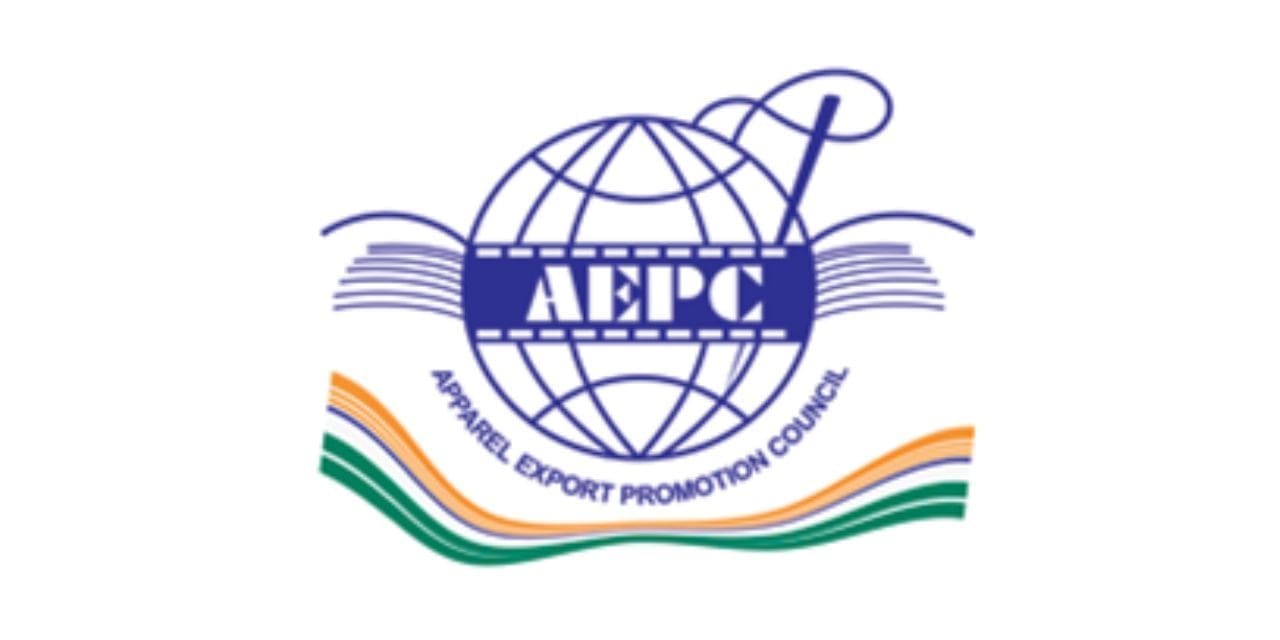AEPC 43rd Annual General Meeting (AGM) held
– Chairman AEPC appreciated government efforts to increase export competitiveness
– Appealed to the Garment industry to grab the emerging global opportunity by revamping production capacity, reducing cost, focusing upon MMF and embracing best sustainable practices
– Requested the government to address stress points like- ensuring raw material security, addressing RoSCTL issues, announcing a new ATUF Scheme, announcing PLI-2, etc.
New Delhi/ Gurugram, 1st September 2022: The 43rd Annual General Meeting (AGM) of the Council was held through video conferencing today, in compliance with the applicable provisions of the Companies Act, 2013.
Addressing the AGM, Naren Goenka, Chairman AEPC said, “We ended the year 2021-22 with more than US $400 billion of goods exports for the first time ever, apparel exports also did well by registering US$16.2 billion worth of exports, despite challenges. In the first quarter this FY April- June 2022-23, apparel exports registered US$ 4492.0 million of exports compared to April- June 2021-22, which was US$ 3407.0 million, registering a growth of 31.8%.”
“My gratitude to Hon’ble Prime Minister Shri Narendra Modi’s vision of ‘Make in India for the World’ and the government’s deep engagement with the exporting community. This marks the beginning of an era of exponential growth and dominance in world trade provided we take advantage of the various Government schemes,” he added.
Chairman AEPC appreciated government efforts to increase export competitiveness, the string of FTAs and policies like PLI Scheme, PM MITRA, etc. which can propel Indian manufacturers to become global champions as they will get the level-playing field for Indian apparels as against competing countries.
Further Chairman remarked, “In the last one year, India has signed three free trade pacts with Mauritius, the UAE and Australia. Similar negotiations are on a fast pace with many other nations including the UK and Canada with possibility of interim deals covering apparel sector. These FTAs will surely neutralize the advantage which our competitors use to enjoy in some of the important markets because of GSP and other NTBs.”
On the preparedness of the garment sector to grab the emerging global opportunity Chairman said, “We have to be poised to grab the opportunity by ramping up our production capacity, getting into the MMF segment, integrating with the global value chain and picking up the best practices like sustainability as the world embraces China Plus One strategy.” We have to actively lower our cost of production and work on meeting the global standards. To match the growing global demand our scale has to be larger and skills have to be matched, Goenka added.
Requesting the government to address the stress points for trade, Chairman AEPC highlighted, “Most important being the raw material security, owing to the spiraling prices of raw cotton and cotton yarn. I would like to thank Textiles Minister, Shri Piyush Goyal for initiating a solution centric approach to the sudden spike in raw cotton and cotton yarn prices and shortage of raw material for the apparel industry. His proactiveness to engage with all stakeholders and quickly constituting ‘Textile Advisory Group’ to mitigate the crisis is praise worthy.”
Another pressing issue is RoSCTL, we have been requesting the government to delete the condition in the notification issued by DoR for holding the transferee liable for the non- realization / excess availed by the exporter, which will also curtail its misuse, Chairman informed.
Additionally, it has been requested to the government to announce the new Technology Upgradation Fund Scheme (TUFS) scheme as the ATUF scheme had expired on 31st March 2022. And also requested the government to consider having PLI-2 version of the Production Linked Incentive Scheme, for the apparel sector, with the provisions such as; investment requirement for RMG units should be Rs. 10 Crore or more for machineries and equipment, this scheme should be extended to all apparel units and not limited to MMF segment, and incentive rate should remain uniform for all the 5 years that the scheme will run.
Further Chairman informed, Council is making rigorous efforts towards promoting Brand India at various global platforms as a trusted supplier by showcasing its strength on sustainability, circularity and ethical sourcing. I am happy to see that the apparel industry is implementing ethical compliances which has now won the trust of many large buyers across the world.
Chairman informed the house that, the EP Department of the Council has been working for export promotion through participation in overseas fairs, business matching, organizing both Buyers Seller Meets (BSM) and Reverse BSM and focused trade delegation.
Chairman expressed his sincere gratitude towards the Prime Minister and Textiles Minister for extension of Scheme for Rebate of State and Central Taxes and Levies (RoSCTL) in Apparels and Made-Ups till 31st March 2024, with the same rates.
The senior members of the Council congratulated the Chairman for successfully driving the Council affairs and matters related to trade efficiently. In particular, members appreciated Chairman’s role in stabilizing the cotton prices and SEBI banning all cotton trade on MCX, driving the PLI-2 and taking brand India globally. Industry also appreciated the Chairman’s efforts to drive the sustainability and circularity initiatives for the trade.

